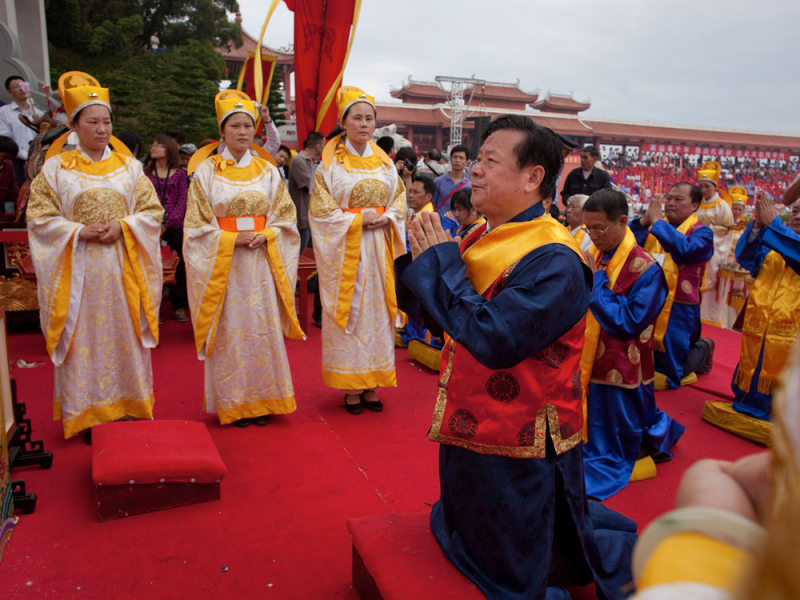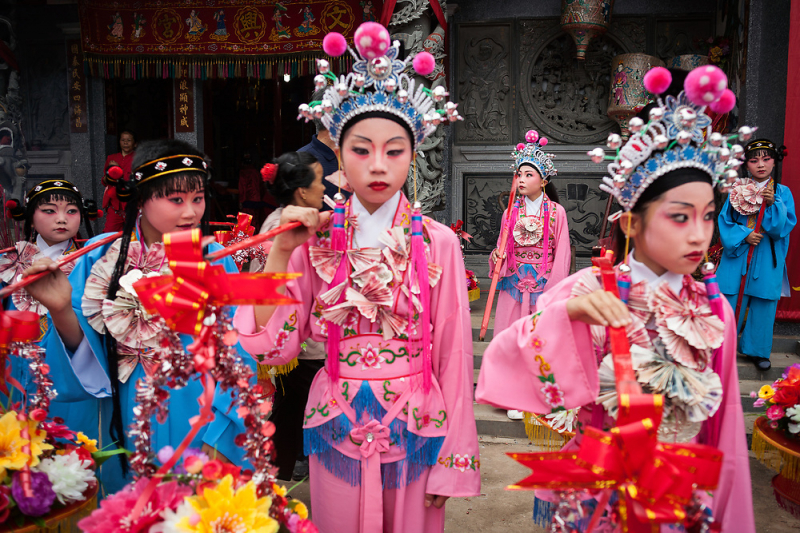Folk Religions
People who do not profess any religious doctrine through confession, baptism, regular prayer, respect, or church attendance often practice folk religion. Folk religions may incorporate parts of liturgically regulated faiths, as is the case with folk Islam, folk Christianity, or folk Hinduism. Still, they can also survive independently - as is the case with the Dao Mau religion in Vietnam and several indigenous religions.
Paul Drews - a Lutheran pastor and theologian - coined the phrase "folk religion" in 1901 in his book Religiose Volkskunde (German for "religion of the common people"). Drew aimed to characterize the experiences of the ordinary "people" or peasants, in order to teach pastors about the types of Christian religion they would encounter after graduating from seminary.
However, the notion of folk religion actually precedes Drew's formulation. During the 19th century, Christian missionaries found people in rural regions who practiced a superstitious form of Christianity, including sermons delivered by clergy.
This finding provoked fury in the ecclesiastical community, which is now documented in many written series that portray the development of folk religions. This collection of writing peaked in the early 19th century, describing peculiar religious activities and highlighting the predominance of folk religion in Catholic communities.
Followers: 405 million
Founded: 19th century







